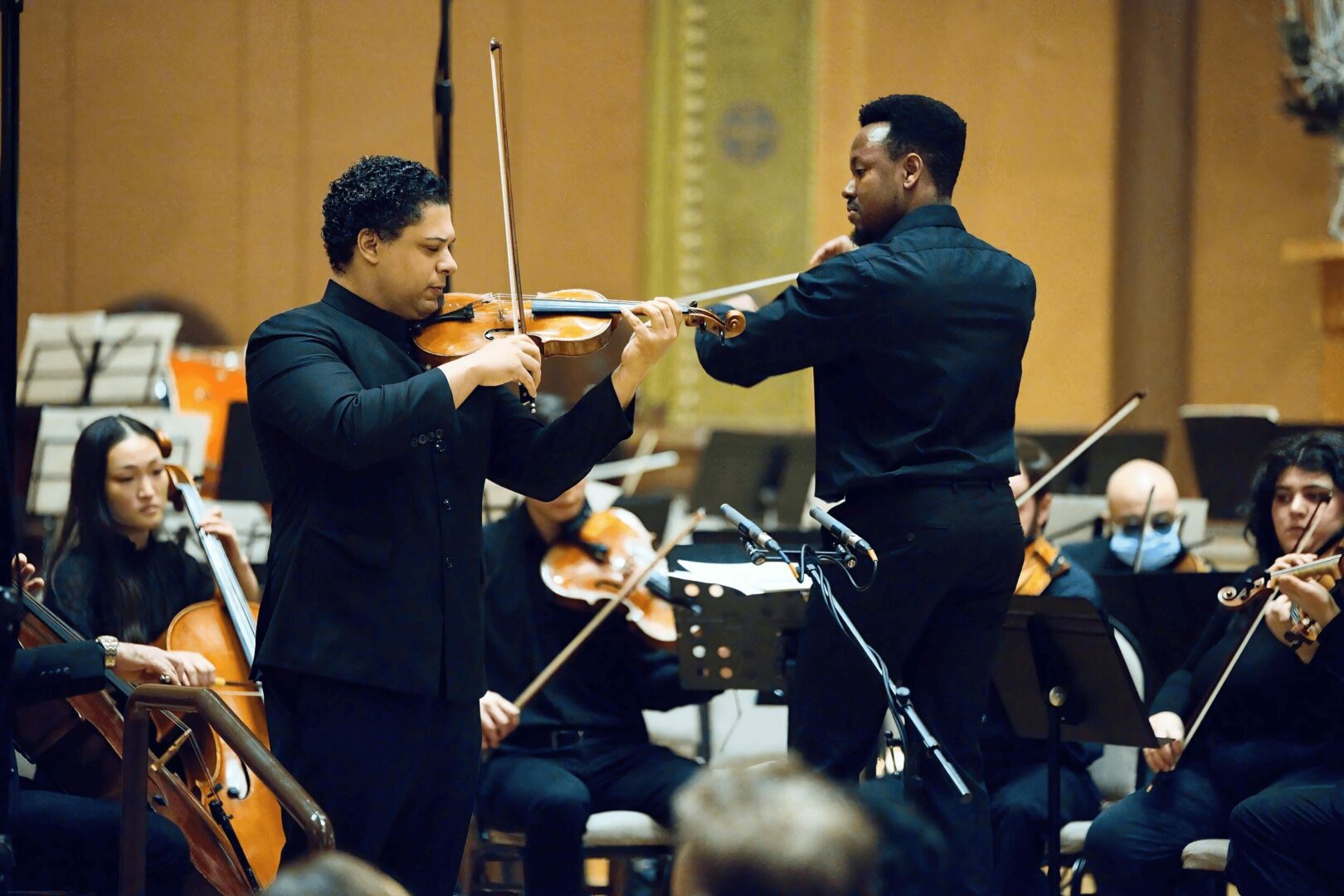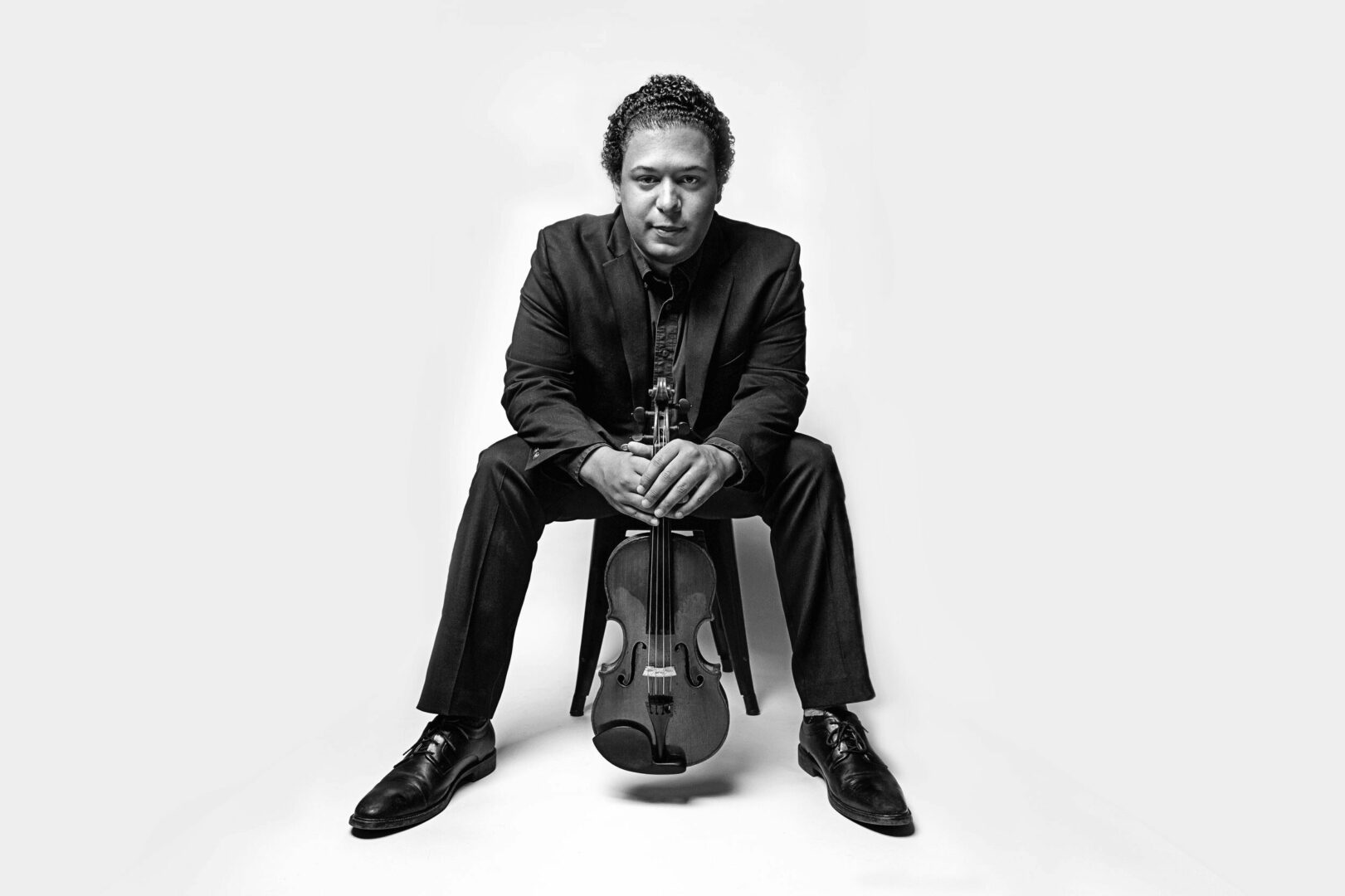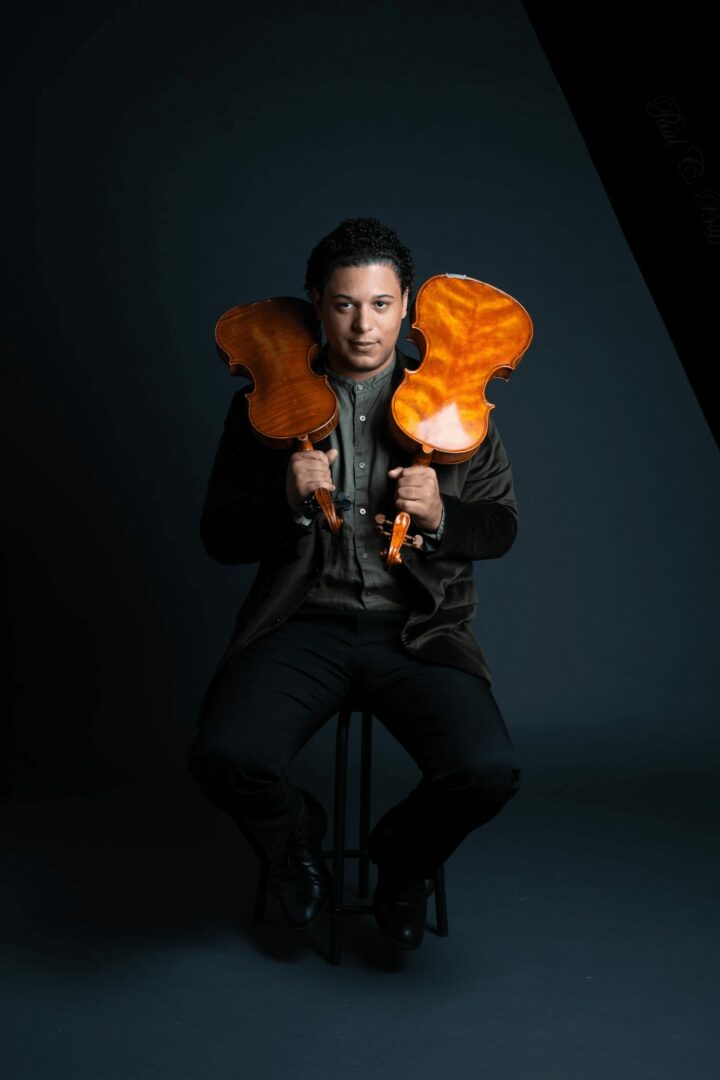We recently connected with Thomas Cooper and have shared our conversation below.
Hi Thomas, thank you so much for opening up with us about some important, but sometimes personal topics. One that really matters to us is overcoming Imposter Syndrome because we’ve seen how so many people are held back in life because of this and so we’d really appreciate hearing about how you overcame Imposter Syndrome.
About halfway through my undergraduate studies, I foolishly complained to my teacher that I felt and hoped that my successes ought to be greater than they were at the time. He then gave me the best advice that he could have given – he told me, in more eloquent language, that if I felt that I was really good, I should practice like it.
I think this can work both ways. If you feel you are experiencing imposter syndrome, the only thing you can really do is prepare as though you aren’t an imposter. If you do that, you eventually will ‘live into’ your desired reality.

Thanks for sharing that. So, before we get any further into our conversation, can you tell our readers a bit about yourself and what you’re working on?
I am a professional performing violinist. I’m lucky enough to do a lot of different types of performing, from solo work, to ensemble work both large (orchestral) and small (chamber music). My favorite type of work is leading large ensembles from the concertmaster chair, and performing piano trios (small ensembles). Being a concertmaster is a very important, and at times, stressful job, but it is extremely fulfilling.
Some of the greatest solo violin writing is in the concertmaster repertoire – my favorite moment is from the ending notes of Nikolai Rimsky-Korsakov’s Scheherazade, a symphonic work littered with violin solos played by the concertmaster.

Looking back, what do you think were the three qualities, skills, or areas of knowledge that were most impactful in your journey? What advice do you have for folks who are early in their journey in terms of how they can best develop or improve on these?
The three most important aspects of a successful career violinist are, in my opinion, the ability to practice well, the ability to deal with rejection, and the ability to get along with one’s colleagues.
Each of these three skills are intrinsic to one’s personal development. Practice is fundamental. We spend hundreds of hours with a teacher over years, but be spend thousands of hours practicing.
Rejection is inevitable. Every single violinist ever has dealt with rejection, sometimes undeserved. I have had far more rejection than success in my career – the ability to keep one’s head up, and continue to strive is important.
Violin is a unique instrument in that much of what we do is work with others, whether in chamber music, or large symphonic ensembles. Learning to not only be professional with our colleagues, but uplift them, regardless of what level they bring to the performance, is key.

What is the number one obstacle or challenge you are currently facing and what are you doing to try to resolve or overcome this challenge?
Being a toddler dad has a number of challenges, but the last couple for years have had the unique challenge of being difficult for practice time, while simultaneously having some of the biggest breaks of my career.
Being a present parent oftentimes means you won’t practice for a day or two, (or even a week). Much of the time, my practice ends up being any odd times. I have had to learn how to be more effective with my work, as there is simply less of it.
One encouraging thought however, is that many of the great musicians I know and admire are also parents. If they figured it out, so can I!
Contact Info:
- Website: https://www.thomascooperviolin.com
- Instagram: @thomascooperviolin
- Youtube: @thomascooperviolin



Image Credits
Headshots by Robert Torres
Action shots include images by Hilary Scott
so if you or someone you know deserves recognition please let us know here.




